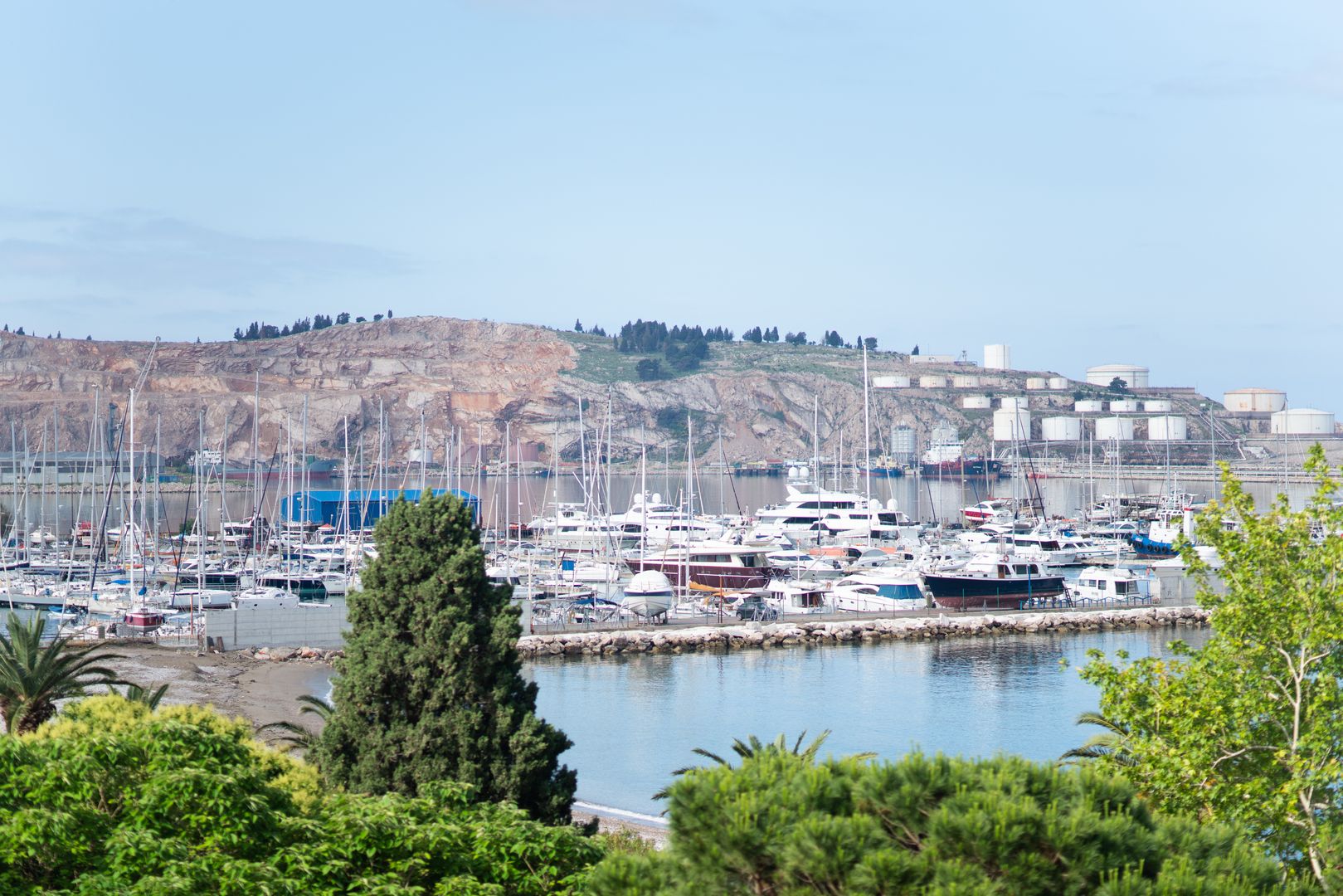Bar
6.68

Overview
Bar is a coastal town and seaport located in the seaside region of Montenegro. It serves as the capital of the Bar Municipality and is an important tourist hub, with a population of 15,868 residents according to the 2023 census. Bar's historical roots trace back to prehistoric times, and its name is derived from the Latin "Antibarium," meaning "opposite Bari"—the Italian city situated across the Adriatic Sea. Bar was already a significant site in the Middle Ages; it was the capital of the Slavs and the seat of bishoprics. In 1878, the town was ceded to Montenegro through the Treaty of Berlin, which facilitated further development of the region. The town's architecture blends various styles, ranging from remnants of ancient ramparts to 18th-century Catholic churches and Ottoman-era mosques. Bar is home to King Nikola’s Castle, built in 1885, which now houses the Bar Heritage Museum. The culture of Bar centers around Orthodox, Catholic, and Islamic traditions, reflecting the town's diverse history. Bar has been the site of many significant events, such as the construction of the first railway line in the Balkans in 1908, and it was also bombed during World War I. An interesting fact is that Guglielmo Marconi established radio contact between Bar and Bari in 1904. Today, Bar is a major transport hub thanks to the Port of Bar, which is crucial to the town's economy, along with its transport network, including the road to Podgorica and ferry connections to Italy. With its beautiful beaches and charming natural surroundings, Bar is also a popular holiday destination, offering a wide range of sports and cultural activities.
Location
Country
2026 Wizytor | All Rights Reserved